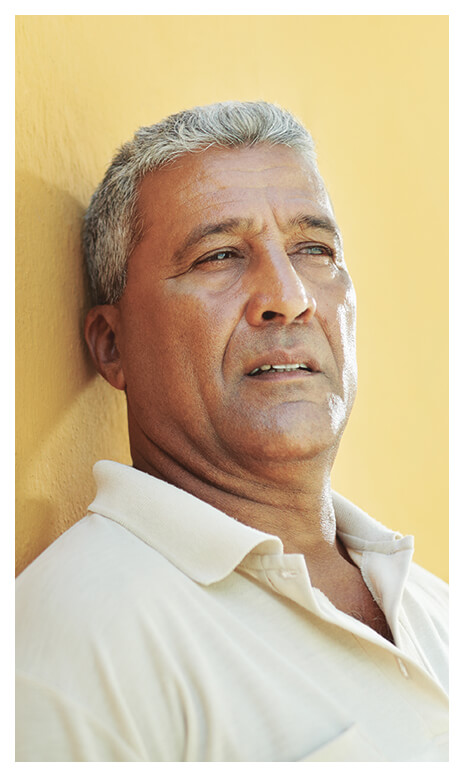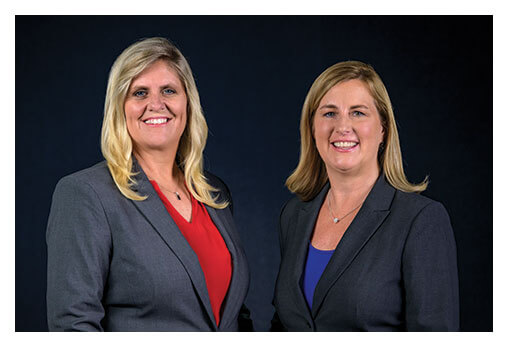Will Hearing Loss Qualify Me for Disability Benefits?
When you’re used to working, earning paychecks and paying taxes—but now you can’t work because of a harsh turn in your health—the type of disability benefit you probably want is called Social Security Disability Insurance (SSDI).
It is, literally, insurance that you paid for with Social Security taxes. Instead of being run by an insurance company, it’s run by the government. But it’s not a handout. As long as you worked enough, you should be covered under this insurance when you must stop working for medical reasons.
The monthly income that you get from SSDI is based partly on how much you made on the job. So it’s possible you’ll get more from SSDI than other government disability benefits, which are based purely on having low financial resources.
But Social Security has tough rules to get these benefits. They’re trying to be sure no one undeserving gets approved for government-run aid. But the rules end up making it harder even for deserving people to win benefits.
Only arthritis and heart disease are more common physical health conditions than hearing loss in the United States, said the Hearing Loss Association of America. Unfortunately, it takes the average person seven years from the time they think they have hearing loss until the time they seek treatment.
Suffering from hearing loss can be hard to prove to others. That creates challenges in meeting Social Security’s standards for the severity for your condition to determine benefits eligibility.
The Social Security Administration (SSA) says it needs evidence showing that you have a medically determinable impairment that causes your hearing loss, and it wants audiometric measurements of the severity of your hearing loss.
They consider someone hearing impaired if their average ability to hear comes at a loudness of 60 to 90 decibels or greater in the better ear, depending on the testing method, and their word recognition score is 40 percent or lower in the better ear.
There are two types of tests you’ll need to measure the degree of your hearing loss:
- An otologic examination performed by a licensed physician or audiologist. This is a report that includes your medical history, your description of how your hearing loss affects you, and the physician or audiologist’s description of the appearance of the external ears, evaluation of the tympanic membranes, and assessment of any middle ear abnormalities.
- Audiometric testing performed by, or under the direct supervision of, a licensed audiologist or an ear nose and throat doctor.
You don’t have to face this process alone. A disability benefits representative can help you . . .
- Navigate Social Security’s complex benefits process, which has its own separate legal system
- Complete your application fully and correctly to avoid delays or a denial
- If Social Security denied your application, help you appeal their decision.
- Present your case and evidence to a disability judge, prepare you to testify and cross-examine experts who testify about you
Finally, a disability advocate will give you the personal care you need during a stressful and confusing time. They’ll get to know you and your needs, and make sure you’re treated with respect.
You can talk to the disability advocates at Hanley Disability for an initial conversation about your case free of charge.






